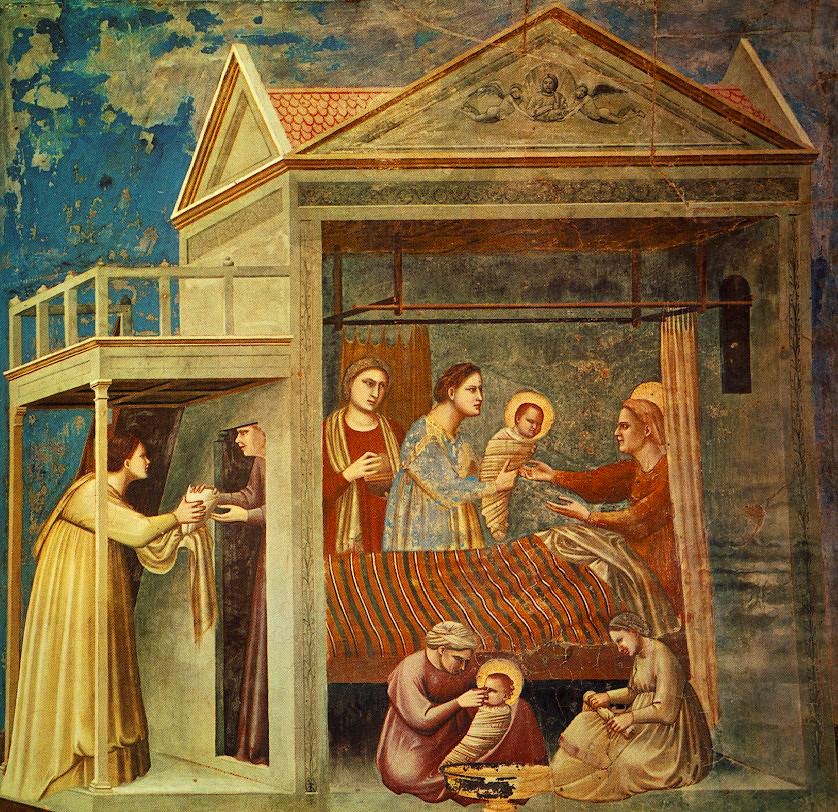He feels like the psalmist, plunged into the bottom of the pit, "into the dark abyss". The psalmist and Job both feel like God has forgotten them. They feel "like the slain who lie in the grave, whom you remember no longer and who are cut off from your care."
But Job continues to fight the battle within himself. He does not curse the LORD. He does not sin. The psalmist continues praying even though he feels abandoned.
They show glimpses of the determination that Jesus fully reveals. He "resolutely determined to journey to Jerusalem". This is not a trivial thing. Jesus knows exactly what waits for him there. He already told his disciples twice in Luke that the "Son of Man is to be handed over to men.” He knows with crystal clear foresight that what awaits him is much worse than what the psalmist or even Job had to face.
And then, in the face of that knowledge, as he tries to pursue his mission, the Samaritan village refuses to welcome him. If Jesus insists on the cross perhaps he will at least obliterate all obstacles to it with "fire from heaven"? No, we are rebuked for thinking that. It isn't just the cross by any means necessary. It isn't the cross with no interruptions on the way. It is love from beginning to end. One fewer place for Jesus to rest? He continues anyway, because he is resolutely determined to fulfill his purpose. One fewer place for him to pour out his mercy and love? He won't force it on them.
Today Jesus offers us some resolute determination. He rebukes our desires to force things to fit into a certain mold. Even if with think we see the destination and purpose he has for us, if we see the cross to which we are called, we still have to embrace the whole path he has for us. He rebukes our desires for an easy way out. He rebukes our desires to burn down interruptions with fire from heaven. He helps us not to curse God when things are difficult. He helps us to keep praying when we feel abandoned. This resolute determination has its source in the joy that is set before us.
For the sake of the joy that lay before him he endured the cross, despising its shame, and has taken his seat at the right of the throne of God.
After all, we are not a people of despair. We are able to face the hardships of life with a better kind of determination than Job or the psalmist. We see in Jesus the joy before us revealed.
We are an Easter people and Alleluia is our song! - Saint John Paul the GreatSaint Jerome reminds that ignorance of Scripture is ignorance of Christ. If we are ignornant of Christ we won't be able to face hardship with hope. We are called to embrace this saint's love of Scripture and his boldness without becoming 'porcupine saints' ourselves. Let us ask Jesus for resolute determination. Let us receive it through his presence in the Scriptures today.
Let my prayer come before you, Lord.
























